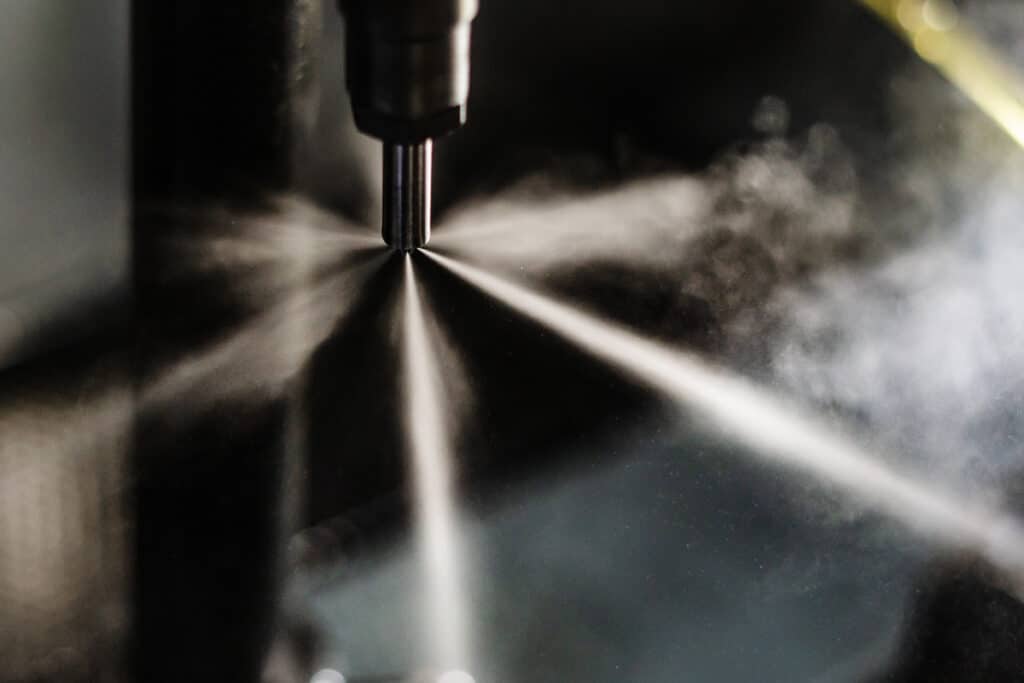Preventative maintenance is the key to keeping your truck running strong, and your diesel fuel injectors play a massive role in performance, fuel efficiency, and longevity. When injectors start acting up, you might notice rough idling, poor fuel economy, or even costly breakdowns. But here’s the good news—you can extend their lifespan and avoid major headaches with the right maintenance plan. In this guide, we’ll walk you through everything you need to know about protecting your remanufactured diesel fuel injectors so you can keep your truck performing at its best.
Can Diesel Fuel Injectors Be Rebuilt?
Yes, diesel fuel injectors can be rebuilt through a process known as remanufacturing. This involves completely disassembling the injector, inspecting each component, and replacing worn or defective parts with new ones.
Every remanufactured diesel fuel injector undergoes rigorous testing at DFC Diesel to ensure reliability. Key components like plungers, seals, valves, nozzles, and solenoids are replaced to restore full functionality. Remanufactured injectors are engraved or stamped for tracking, ensuring quality control and accountability.
Want to learn more? Check out our diesel engine remanufacturing process to learn more about our diesel engine disassembly, cleaning, machining and assembly for each part.
How Long Should Remanufactured Diesel Fuel Injectors Last?
A properly remanufactured diesel fuel injector should last between 80,000 and 100,000 miles (about 150,000 km)—but that depends on how you drive, fuel quality, and how well you maintain your truck. If you tow heavy loads or use your vehicle for commercial work, your injectors will likely wear out faster.
The lifespan of a diesel fuel injector is tied to two core elements: fuel quality and component quality. A contaminated or low-grade fuel quality can accelerate the wear and tear on your injectors, which fail. Cutting corners on injectors might save you a few bucks upfront, but it could cost you more in repairs and fuel efficiency down the road. Are you looking to upgrade your fuel injectors? Check out our selection of remanufactured diesel fuel injectors for Cummins, Duramax and Powerstroke.
What are the Symptoms of Dirty Fuel Injectors?
If your diesel fuel injectors are about to fail, your truck will let you know. But what warning signs should you look for?
- Fluctuating Power & Rough Idling – Inconsistent revs or engine vibration can signal a contaminated or failing injector.
- Misfiring on Startup – A clogged or malfunctioning injector can prevent proper fuel delivery.
- Reduced Fuel Economy – If your truck is burning more fuel than usual, inefficient injectors may be the culprit.
- Excess Smoke from Exhaust – White smoke could indicate poor fuel atomization or internal leaks.
- Fuel Odor—A crack in the injector seal or improperly closing valves can cause fuel to lead to noticeable smells.
- Stalling Engine – In severe cases, a failing injector may not deliver enough fuel, causing the vehicle to stall.

How Do You Prevent Remanufactured Diesel Fuel Injectors From Failing?
Want to get the most out of your fuel injectors? A little preventative maintenance goes a long way. Consider changing up your routine with a few easy steps:
- Use High-Quality Diesel Fuel – Poor fuel quality is one of the leading causes of injector failure. Always fill up at reputable stations to avoid contamination and water buildup.
- Turn Over Your Engine Regularly – If your truck sits for extended periods, start the engine periodically to prevent corrosion and fuel degradation.
- Use Fuel Additives & Lubricants – Diesel fuel treatments help keep injectors clean, reduce carbon buildup, and improve performance.
- Replace Injectors as a Set – Instead of swapping out a single failing injector, consider replacing the complete set. All cylinders experience similar wear, and replacing them together ensures balanced performance.
We take pride in our engines, starting with maintaining quality parts. If you want to upgrade your remanufactured diesel engine with performance parts for Cummins, Duramax and Powerstroke, we’re here to help. Contact us today to learn more about the best upgrades for your diesel engine.
Keep Your Diesel Injectors Running Strong with DFC Diesel
Your fuel injectors matter when keeping your truck running at peak performance. At DFC Diesel, we provide high-performance remanufactured diesel injectors designed for reliability and longevity.
Looking for the best upgrades for your engine? Contact us today to find the right remanufactured injectors for your truck and keep your engine running like new.


